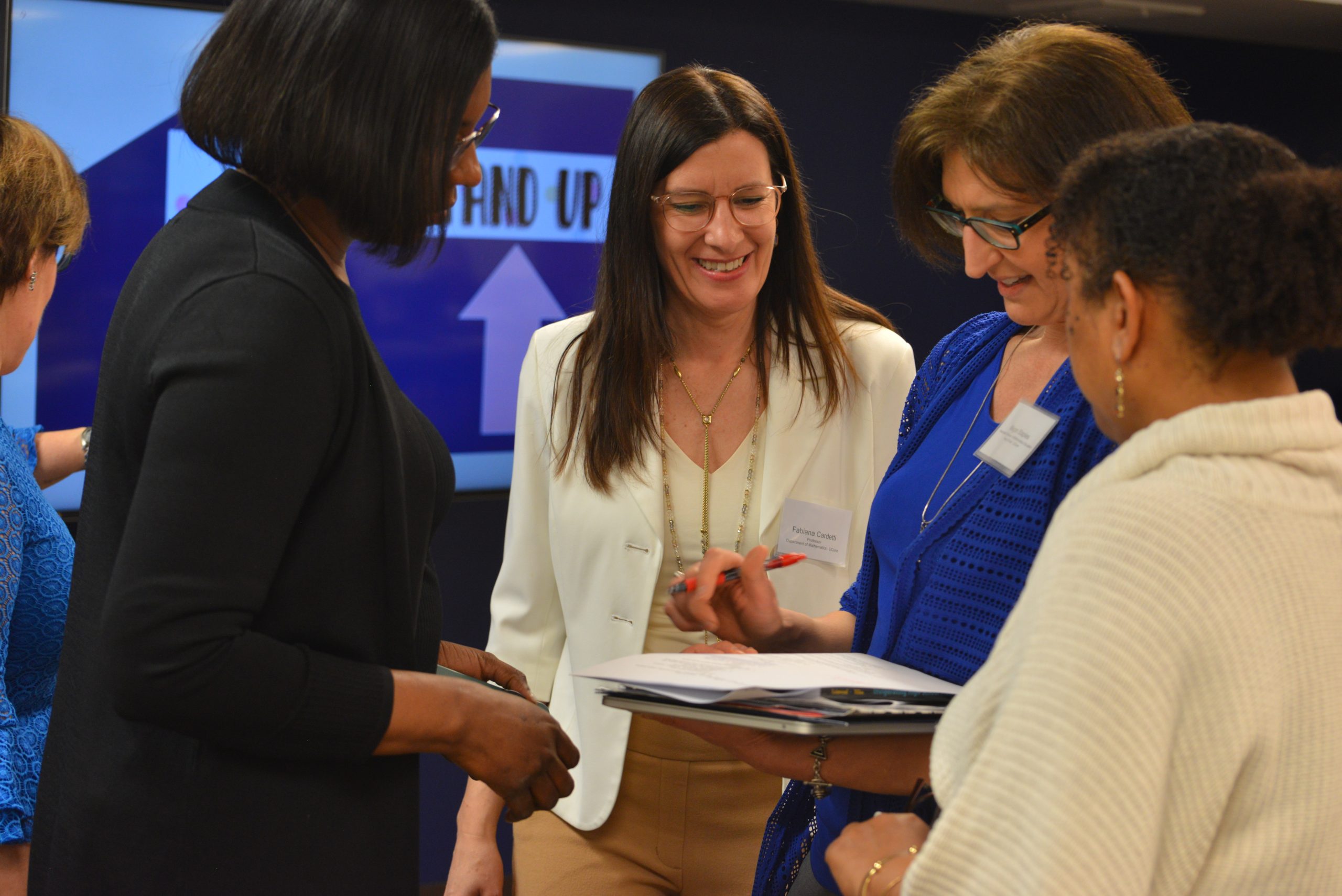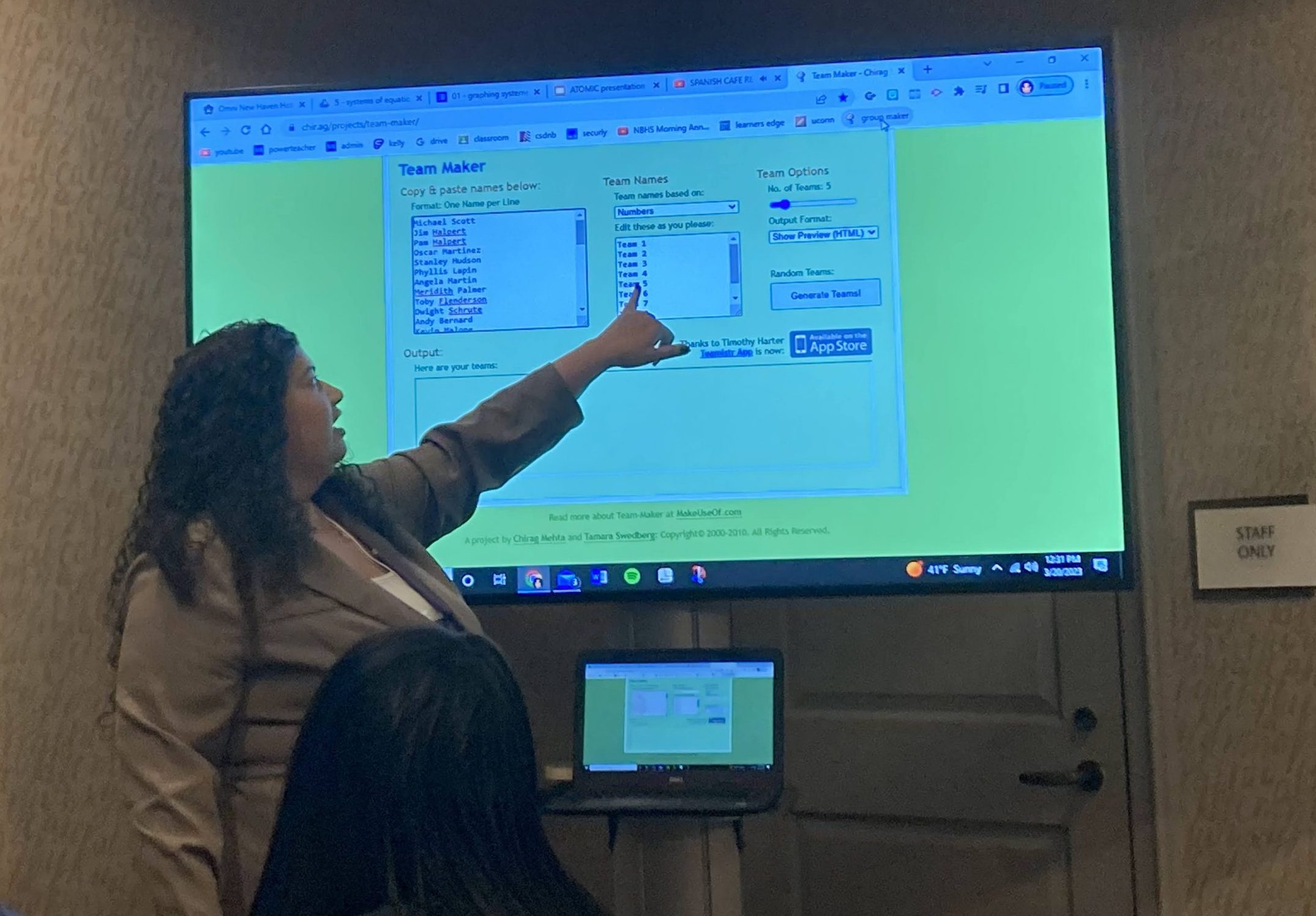Building an Alliance of Math Leaders Rooted in Equity and Excellence
Funded by the National Science Foundation and private donors, the Connecticut Noyce Math Teacher Leaders (MTL) Program engages effective secondary math teachers in Alliance districts in a five-year professional learning and service program.
The goals are to expand Connecticut’s capacity to advance more equitable mathematics education. The cadre of math teachers receive a stipend and are integrated into math leadership roles within their schools, districts, and state, while continuing to teach and impact students in their classrooms.
Program partners include:
- University of Connecticut Neag School of Education
- University of Connecticut College of Liberal Arts and Sciences' Department of Mathematics
- Alliance Districts (Connecticut’s 33 highest-needs school districts)
- Connecticut State Department of Education (CSDE).
Watch the 6 minute version of this video, produced by NCTM through WebsEdge and showcased during the 2023 NCTM’s Annual Meeting and Exposition.
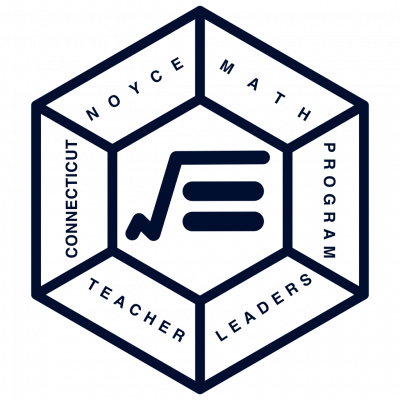
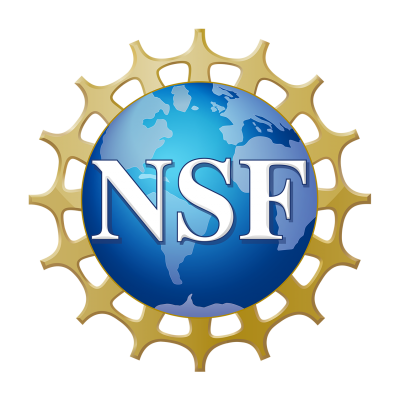
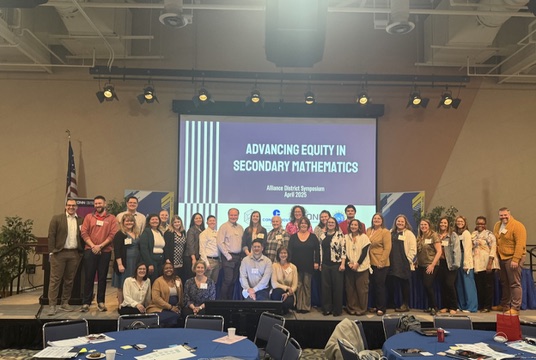
Connecticut Noyce Math Teacher Leader Fellows
Last spring, the Connecticut Noyce Math Teacher Leaders (MTL) Program welcomed a cohort of 20 veteran mathematics educators from across the state.
Fellows In Action
The Connecticut Noyce Math Teacher Leaders Program fellows are having an impact across the state. Catch up on the latest news about their work.
About the MTL Program
The five-year program comprises a variety of activities to build capacity for math teacher leadership among the cohort of 20 veteran Alliance district secondary math teachers.
Project Team
The MTL Program team includes University of Connecticut faculty, Connecticut’s Alliance Districts, and the Connecticut State Department of Education.
Math News You Can Use
Learn more about math education news, events, and resources.
More than $2 million
in funding
20
math educators
5
years of professional and service learning
 Program Goals
Program Goals
The overall program goals are to:
- Develop a cadre of exceptional mathematics teacher leaders who are integrated into math leadership roles within their schools, districts, and throughout the state
- Establish new infrastructure and programming – through a new certificate program in math teacher leadership and a series of online advanced learning modules for math teachers– to support the ongoing development of master math teacher leaders in the State of Connecticut.
Anticipated Project Outcomes
Anticipated outcomes of the project include:
- 20 teachers who fulfill leadership roles advocating for and supporting equitable access to high-quality mathematics teaching and learning across Connecticut
- A set of high quality, online module offerings to support additional math teachers’ learning, staffed by the Noyce Fellows, and administered through UConn
- An established graduate certificate program in Mathematics Teacher Leadership with demonstrated impact
- Strengthened communication and partnership among the Alliance districts specifically with respect to mathematics education in their secondary schools, and among the CSDE, UConn and Alliance Districts
Selected teachers participate in a foundational workshops, a 12-credit graduate Math Teacher Leader Certificate, and the Math Teacher Leadership Academy. The programming prepares them in content, pedagogy, leadership (including collaboration and mentorship), and equity.
Intellectual Merit
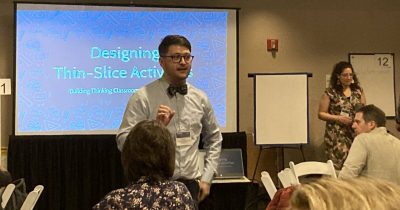
The MTL Program is designed in response to the specific instructional and staffing needs of the Alliance Districts and in light of a growing body of research on teacher leadership and its impact on supporting equitable outcomes in math education. The program builds on productive relationships between the state, a subset of high needs districts, the school of education and the department of mathematics to implement a well-coordinated, advanced training program for 20 highly qualified secondary mathematics teachers. Participating secondary math teachers develop new leadership, inquiry, collaborative, and mentoring skills, in addition to enhancing their pedagogical repertoire to engage students.
Broader Impacts
The MTL Program supports the retention of high quality mathematics teachers by engaging them in a five-year program during which they remain in the classroom, as well as mentor others in the field. The program, situated in the Alliance Districts, has a direct impact on large numbers of students of color, English learners, and students in high-poverty areas.
The MTL Fellows mentorship of other in-service and preservice teachers provides crucial resources to new teachers to support their beginning years of teaching in high-needs districts. The MTL program builds capacity state-wide, with the establishment of new infrastructure to support systematic development of math teacher pedagogical skills and leadership through a graduate certificate program and/or online learning modules. Lessons learned from the project will be disseminated broadly through the two project conferences; teacher-development learning modules; practitioner and research journal articles; and the project website.










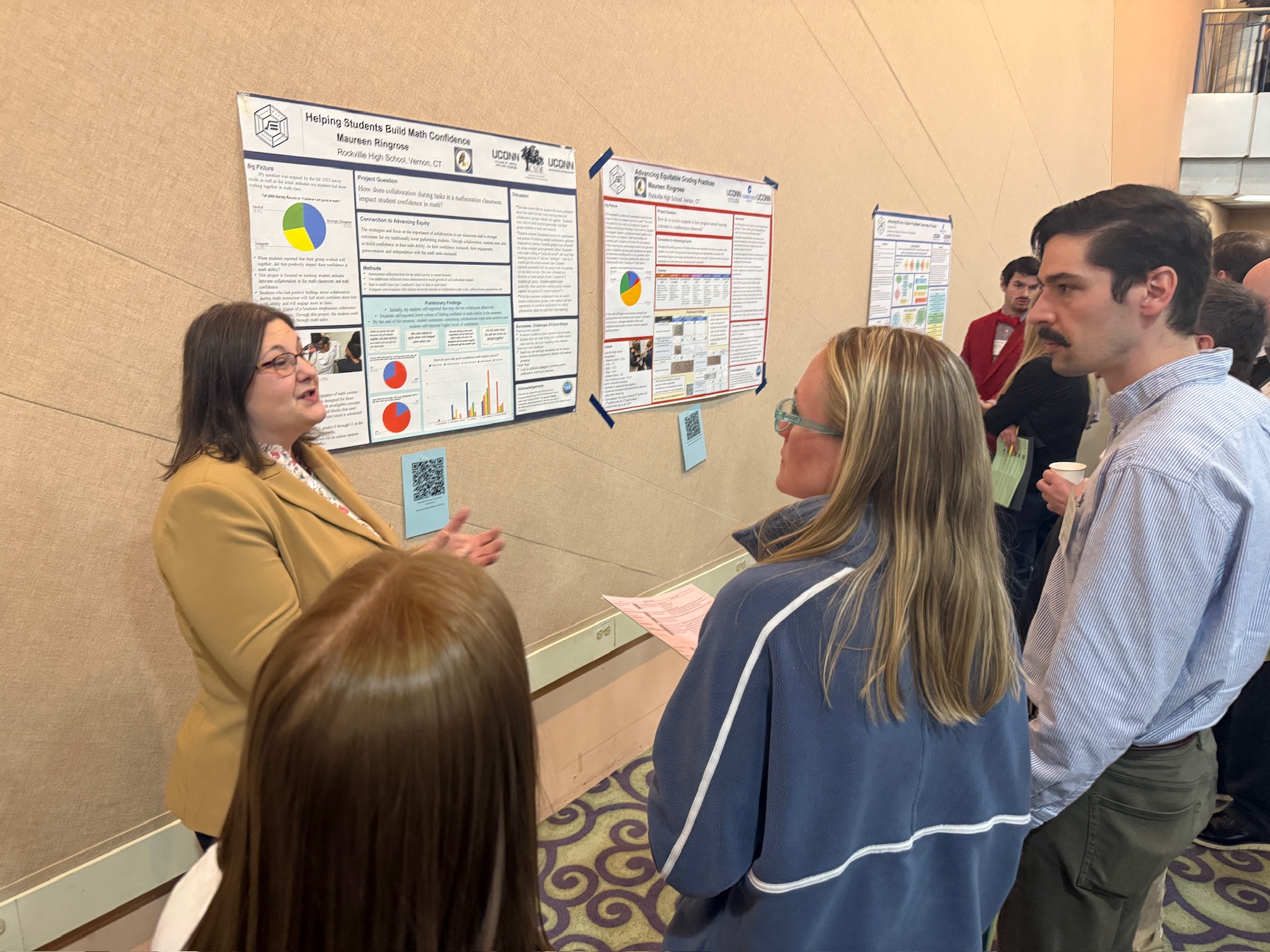
![Jennifer Roggi in her classroom. [Links to announcement about the MTL Fellows.]](https://mathteacherleaders-education.media.uconn.edu/wp-content/uploads/sites/3373/2025/04/9B56653D-CD7A-4A16-A692-D0B20B53A8E3_1_105_c.jpeg)
